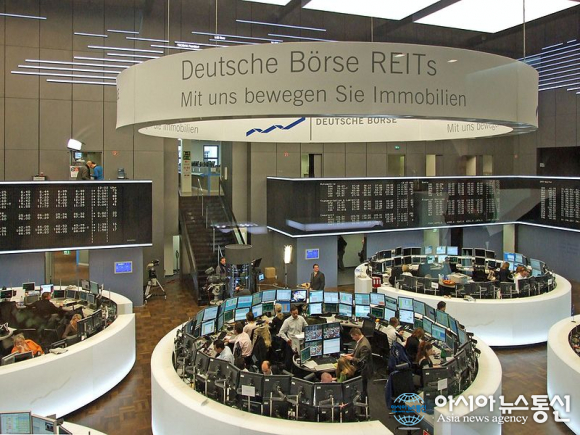 |
| Photo by: Wikimedia Commons |
The regional banks were established during the post-war economy.Since then, these are continually owned by the federal states and have traditionally extended credit facilities to the country’s ‘Mittlestand’ industrial companies, with securities backed by the state’s local governments.But these banks have suffered a financial disaster which has been felt for more than a decade now.In the case of Landesbanken, the financial disaster began when the European Commission deemed unlimited state guarantees to it as amounting to unlawful state support.This was followed by the decline of American investments in 2008, which resulted to a major cut to its highly profitable side.
Other regional banks have yet to emerge from this economic dillema.WestLB, which covered the North Rhine-Westphalia region, had to be dissolved.Landesbank Berlin, on the other hand, was acquired by its member savings banks.The others are hanging on by a thread.
One possible solution is to consolidate them into three larger banks to make them more competitive.However, political considerations could hamper this proposal as HSH Bank has to maintain its second headquarters in Keil, which renders any proposed consolidation futile.
Also, substantial changes in demographics pose challenges to the German economy.The United Nations’ forecast in 2015 reveal an overall decline in Germany’s population by 7.7 percent by the year 2050.It is also expected to drop to a population of 73.1 million people by the year 2060.
The population decline has been offset by the migrant influx of around 1.2 million people between 2015 and early 2016.However, studies reveal that the declining birth percentage cannot be thwarted by a net migrant influx of between 200,000 and 300,000 people.
Uwe Schulze, a senior local official in Bitterfeld-Wolfen, said that the refugees coming to the area may not be capable of filling in the jobs left vacant.This is evidenced by the fact that out of the 2,600 migrants who arrived in the area between 2015 and 2016, only less than a third are registered as “capable of working.” Armin Schenk, mayor in the town of Bitterfeld-Wolfen, says the problems are mostly due to language barriers and lack of qualifications.

